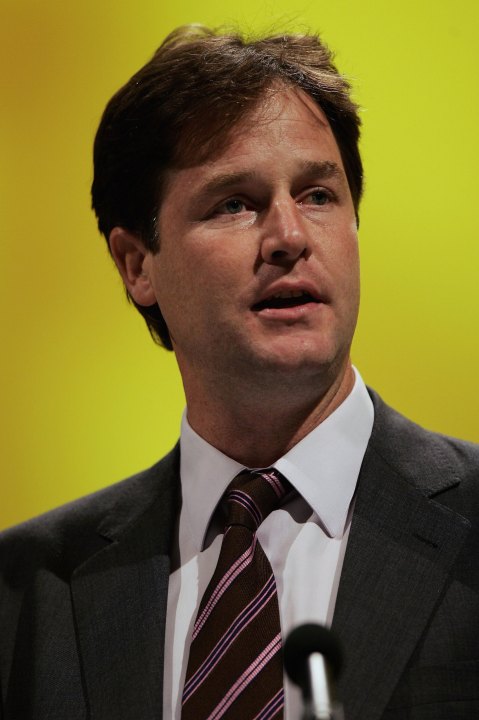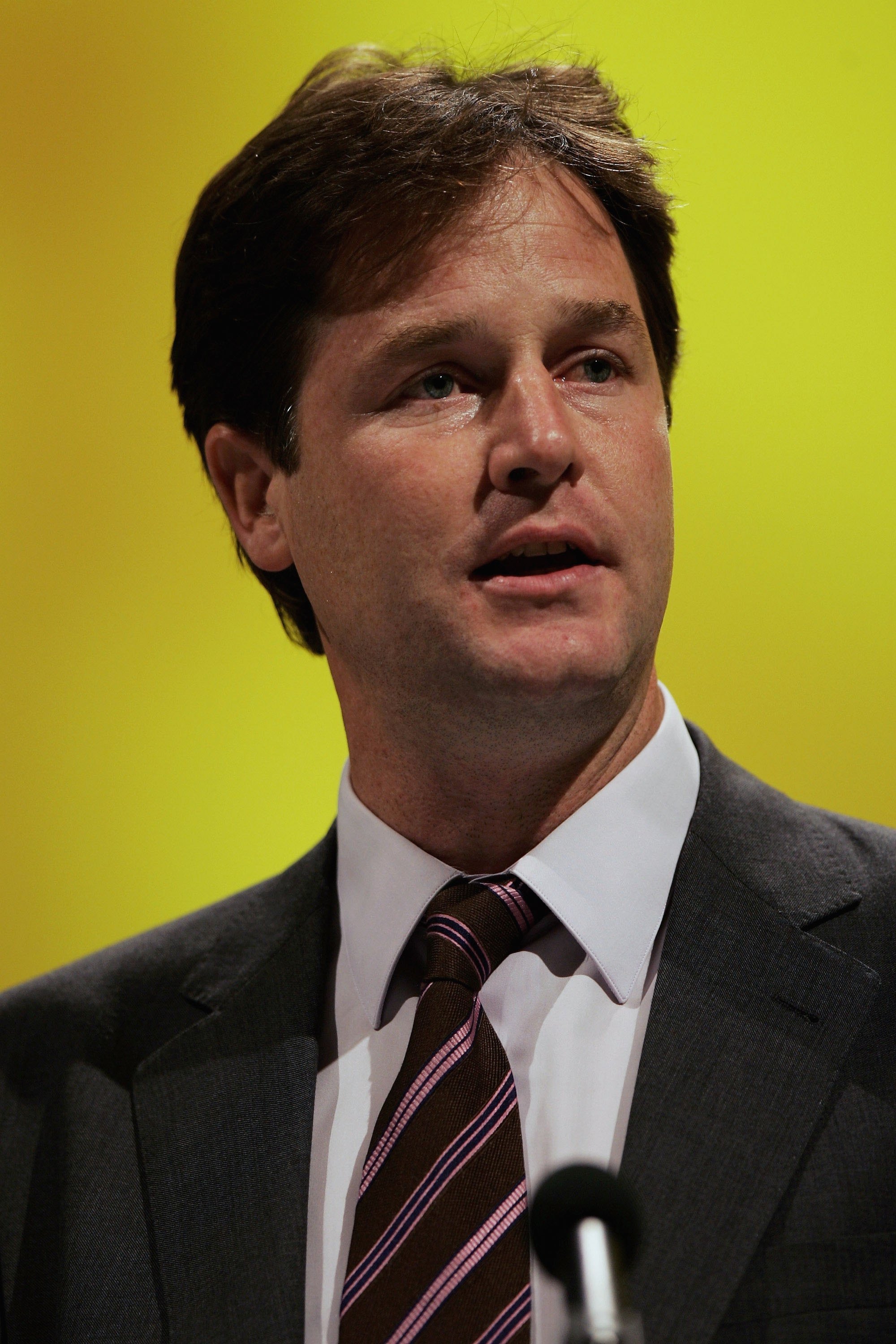 Nick Clegg continues to say the right things. This passage from Steve Richards’s interview on GMTV Sunday Programme this morning:
Nick Clegg continues to say the right things. This passage from Steve Richards’s interview on GMTV Sunday Programme this morning:
“We understand that the years of unprecedented increase in public spending, and let’s remember the increases in public spending since 2000, three years after New Labour came into power, is probably without precedent anywhere in the Western world since the war. There’s been an explosion in public spending. That is not going to continue, in fact it’s going to very much level off.”
Of course, he “envisages” that taxes will lower – while the Tories say taxes will fall “over the cycle”. So the Tory policy is still harder. But I like Clegg’s language, his correctly choosing 2000 as the starting point to an “explosion”. The days of Kennedy’s “penny on the pound of income tax to pay for education” is gone. I’d like to think the premise of Kennedy’s proposal – that more money would get extra results – has been tested to destruction so future governments know not to make the same mistake. Standards have staggeringly declined in British schools between 2000 and 2006. The tragedy is that so many millions of pupils suffered to prove this point to the world.
The Tories intellectually surrendered under Major – they also spoke about “investment” (ie, good) rather than spending (neutral), as if spending is good in itself. Clegg’s precisely right to say most countries are dropping spending, and to use words that work. Our new “Continue reading…” function means I don’t feel guilty about tabbing on the table below – showing Britain’s increase in spending as a share of GDP is sharper than any Western country. Britain under Brown has bucked a trend of money and power shifting back to communities and away from the state.
A few CoffeeHousers have teased me for having a love-in with Clegg. So in my defence – my suspicion is that he, personally, is committed to small government, classic liberalism and it would be churlish not to applaud him when he says the right things. But I reckon his party are still big-government leftists, and he’ll buckle under their weight.
| 2000 | 2008 | difference | ||
| 1 | Korea | 23.9 | 32.1 | 8.2 |
| 2 | United Kingdom | 37.1 | 44.8 | 7.7 |
| 3 | Ireland | 31.5 | 35.6 | 4.1 |
| 4 | United States | 34.2 | 37.6 | 3.4 |
| 5 | New Zealand | 39.6 | 42.4 | 2.8 |
| 6 | Iceland | 41.9 | 44.5 | 2.6 |
| 7 | Hungary | 46.5 | 48.9 | 2.4 |
| 8 | Italy | 46.1 | 48.1 | 2.0 |
| 9 | Portugal | 43.1 | 45.0 | 1.9 |
| 10 | Netherlands | 44.2 | 46.0 | 1.8 |
| 11 | Poland | 41.1 | 42.7 | 1.6 |
| Total OECD | 39.1 | 40.6 | 1.5 | |
| 12 | France | 51.6 | 52.7 | 1.1 |
| 13 | Czech Republic | 41.7 | 42.8 | 1.1 |
| 14 | Switzerland | 33.4 | 34.0 | 0.6 |
| 15 | Luxembourg | 37.6 | 37.6 | 0.0 |
| Euro Area | 46.2 | 46.1 | -0.1 | |
| 16 | Spain | 39.1 | 38.8 | -0.3 |
| 17 | Finland | 48.3 | 47.8 | -0.5 |
| 18 | Belgium | 49.0 | 48.2 | -0.8 |
| 19 | Australia | 35.2 | 34.0 | -1.2 |
| 20 | Germany | 45.1 | 43.7 | -1.4 |
| 21 | Japan | 39.1 | 36.5 | -2.6 |
| 22 | Canada | 41.1 | 38.5 | -2.6 |
| 23 | Norway | 42.3 | 39.5 | -2.8 |
| 24 | Denmark | 53.9 | 50.6 | -3.3 |
| 25 | Austria | 51.5 | 48.0 | -3.5 |
| 26 | Sweden | 57.1 | 53.2 | -3.9 |
| 27 | Greece | 46.7 | 42.4 | -4.3 |
| 28 | Slovak Republic | 50.5 | 35.7 | -14.8 |








Comments